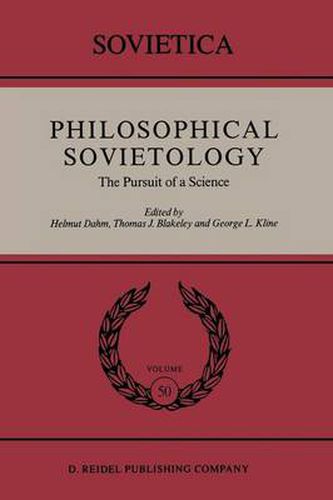Readings Newsletter
Become a Readings Member to make your shopping experience even easier.
Sign in or sign up for free!
You’re not far away from qualifying for FREE standard shipping within Australia
You’ve qualified for FREE standard shipping within Australia
The cart is loading…






This title is printed to order. This book may have been self-published. If so, we cannot guarantee the quality of the content. In the main most books will have gone through the editing process however some may not. We therefore suggest that you be aware of this before ordering this book. If in doubt check either the author or publisher’s details as we are unable to accept any returns unless they are faulty. Please contact us if you have any questions.
On February 24-25, 1956, in a closed session of the 20th Congress of the Communist Party of the Soviet Union, Nikita S. Khrushchev made his now famous speech on the crimes of the Stalin era. That speech marked a break with the past and it marked the end of what J.M. Bochenski dubbed the dead period of Soviet philosophy. Soviet philosophy changed abruptly after 1956, especially in the area of dialectical materialism. Yet most philosophers in the West neither noticed nor cared. For them, the resurrection of Soviet philosophy, even if believable, was of little interest. The reasons for the lack of belief and interest were multiple. Soviet philosophy had been dull for so long that subtle differences made little difference. The Cold War was in a frigid period and reinforced the attitude of avoiding anything Soviet. Phenomenology and exis tentialism were booming in Europe and analytic philosophy was king on the Anglo-American philosophical scene. Moreover, not many philosophers in the West knew or could read Russian or were motivated to learn it to be able to read Soviet philosophical works. The launching of Sputnik awakened the West from its self complacent slumbers. Academic interest in the Soviet Union grew.
$9.00 standard shipping within Australia
FREE standard shipping within Australia for orders over $100.00
Express & International shipping calculated at checkout
This title is printed to order. This book may have been self-published. If so, we cannot guarantee the quality of the content. In the main most books will have gone through the editing process however some may not. We therefore suggest that you be aware of this before ordering this book. If in doubt check either the author or publisher’s details as we are unable to accept any returns unless they are faulty. Please contact us if you have any questions.
On February 24-25, 1956, in a closed session of the 20th Congress of the Communist Party of the Soviet Union, Nikita S. Khrushchev made his now famous speech on the crimes of the Stalin era. That speech marked a break with the past and it marked the end of what J.M. Bochenski dubbed the dead period of Soviet philosophy. Soviet philosophy changed abruptly after 1956, especially in the area of dialectical materialism. Yet most philosophers in the West neither noticed nor cared. For them, the resurrection of Soviet philosophy, even if believable, was of little interest. The reasons for the lack of belief and interest were multiple. Soviet philosophy had been dull for so long that subtle differences made little difference. The Cold War was in a frigid period and reinforced the attitude of avoiding anything Soviet. Phenomenology and exis tentialism were booming in Europe and analytic philosophy was king on the Anglo-American philosophical scene. Moreover, not many philosophers in the West knew or could read Russian or were motivated to learn it to be able to read Soviet philosophical works. The launching of Sputnik awakened the West from its self complacent slumbers. Academic interest in the Soviet Union grew.